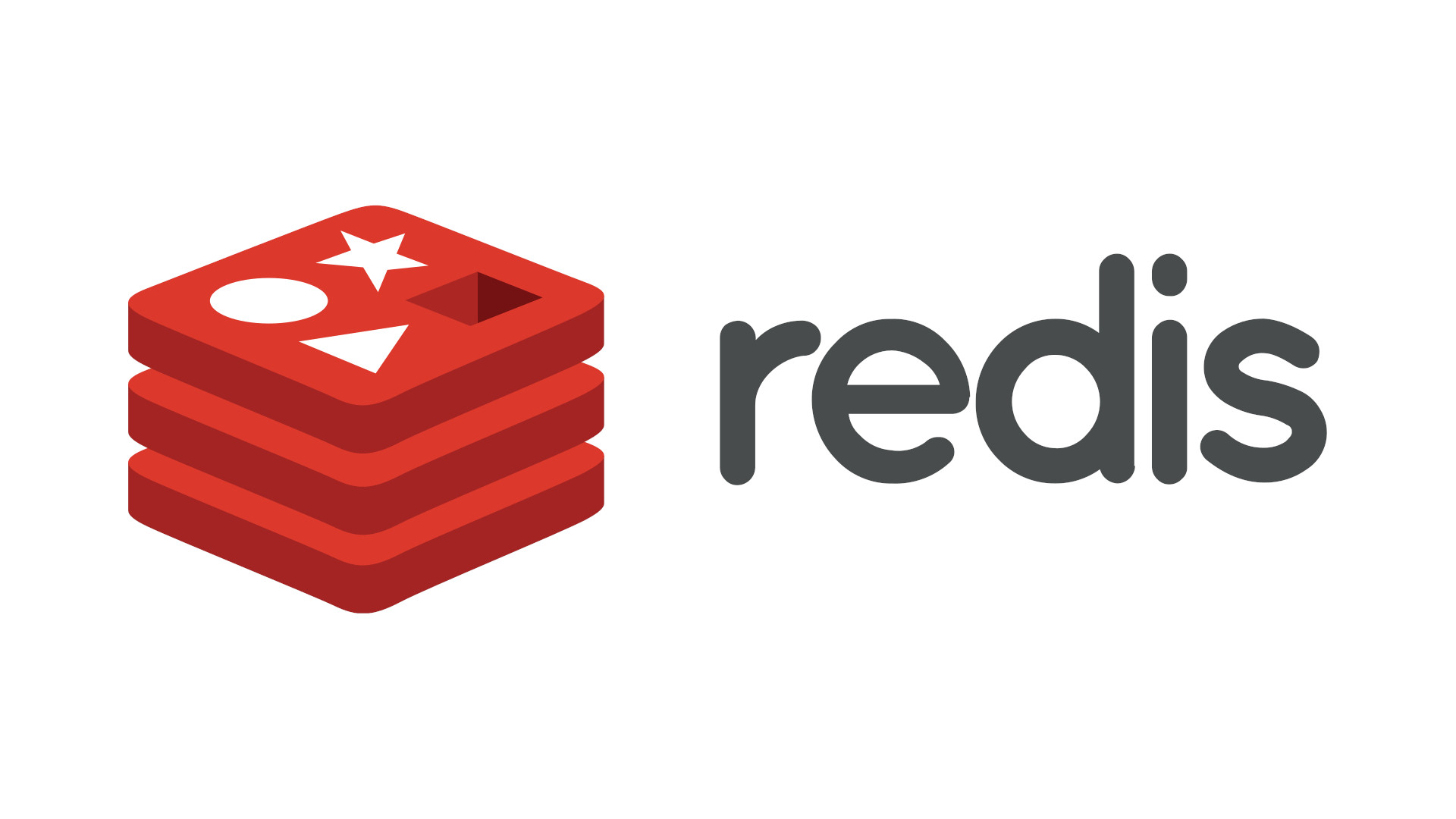Cloud service providers hosting Redis offerings will no longer be permitted to use Redis source code free of charge, the company said.
Starting with Redis 7.4, all future versions of Redis software will be dual-licensed under the Redis Source Available License (RSAL 2) and the Server Side Public License (SSLPv1), Redis announced. The popular NoSQL database will no longer be distributed under the three-clause Berkeley Software Distribution (BSD) license.
New source-available licenses will allow Redis the company to provide permissive use of its source code, the company said on March 20. Source code will continue to be freely available to developers, customers, and partners through Redis Community Edition.
Future Redis source-available licenses will unify core Redis with Redis Stack, including search, JSON, vector, probabilistic, and time-series data models in one package as downloadable software. This will allow Redis software to be used across a variety of contexts, including key-value and document store, a query engine, and a low-latency vector database powering generative AI applications, the company said.
Redis has faced challenges, the company said. The majority of commercial sales of Redis software are channeled through the largest cloud service providers, who commoditize Redis’s investments and its open source community. Despite efforts to support a community-led governance model and a desire to maintain the BSD license, delivering multiple software distributions simultaneously is at odds with Redis’s ability to drive the technology successfully, the company said.
Under the new licensing, cloud service providers hosting Redis products will no longer be permitted to use Redis source code free of charge. But in practice, nothing changes for the Redis developer community, who will still have permissive licensing under the dual license, Redis said. All Redis client libraries will remain open-source licensed.
RSALv2 is a permissive non-copyleft license, allowing the right to “use, copy, distribute, make available, and prepare derivative works of the software.” RSALv2 has only two primary limitations, the company said: Under RSALv2, users may not commercialize the software or provide it to others as a managed service; and users may not remove or obscure any licensing, copyright, or other notices.
By: Paul Krill
Originally published at: InfoWorld

